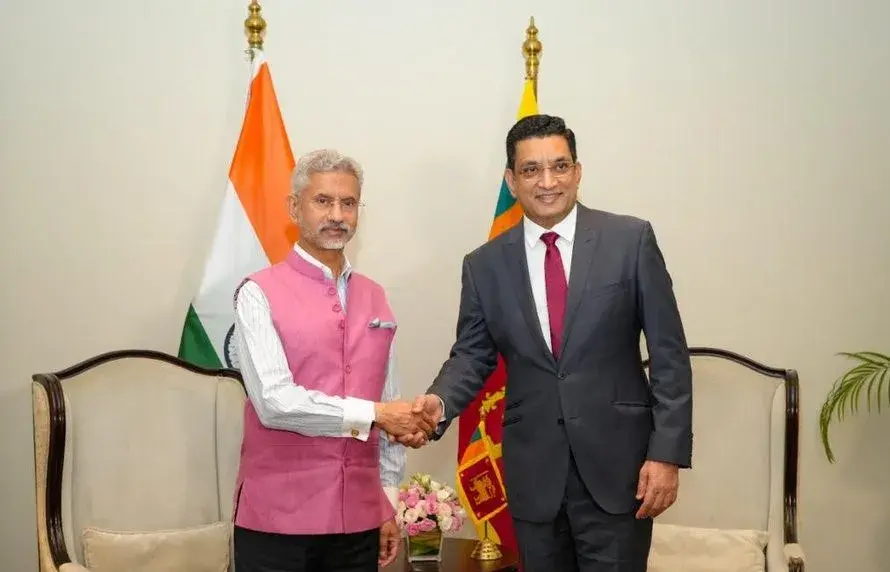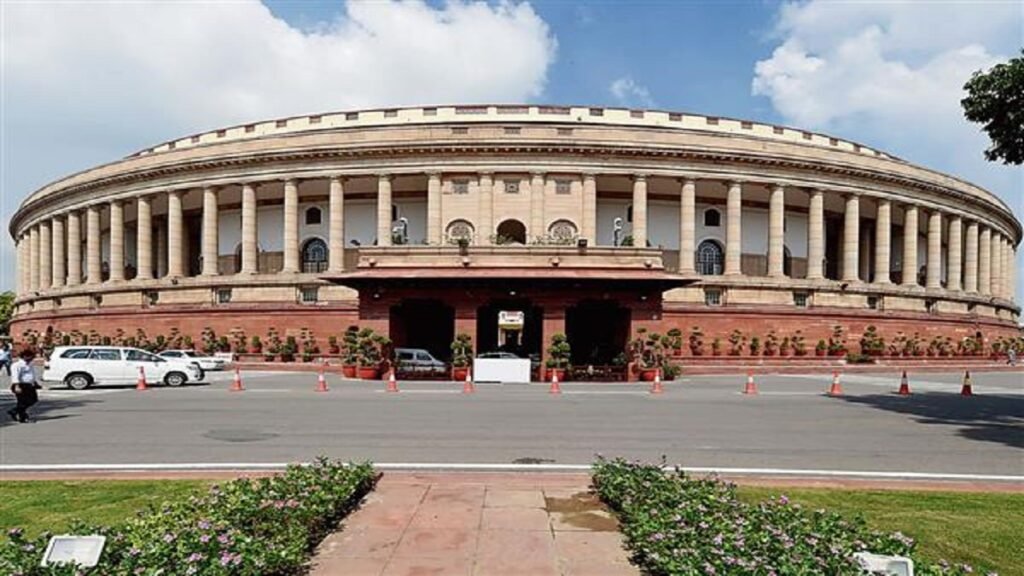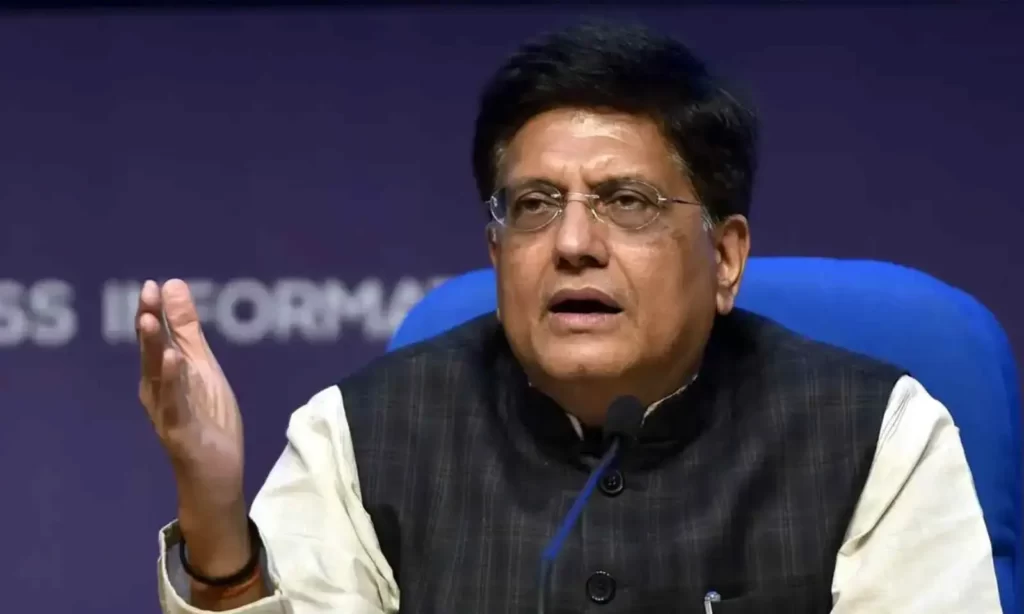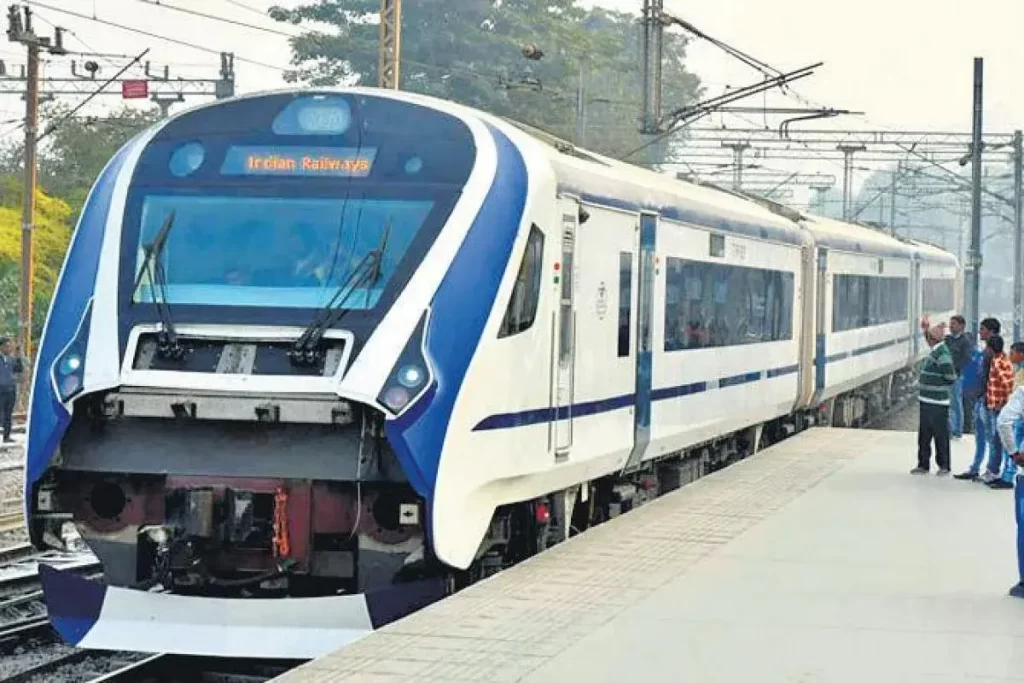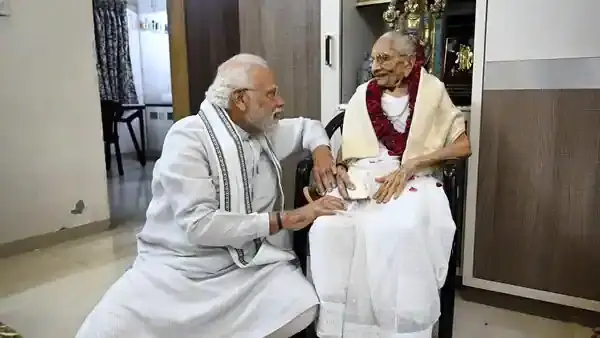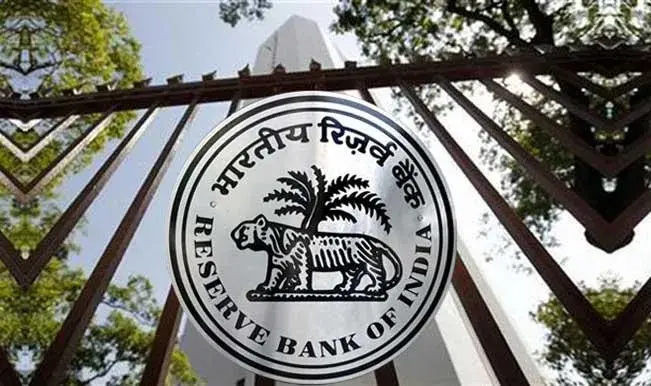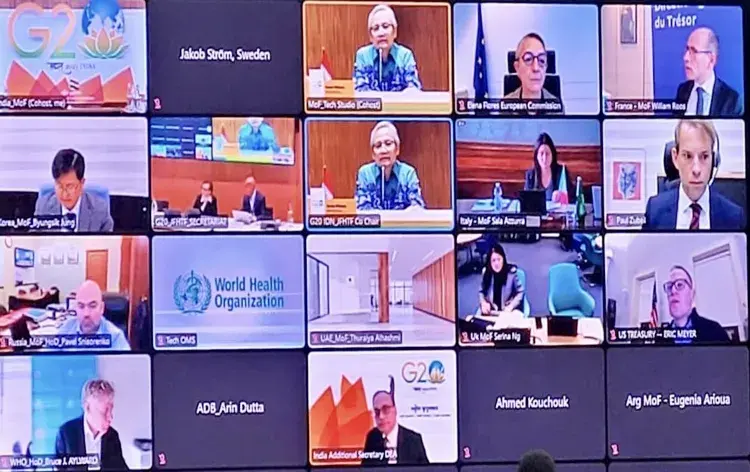Sri Lanka thanks India for providing financial aid of $3.9 Bn
After External Affairs Minister S. Jaishankar expressed India’s commitment to increase investment flows to hasten the debt-ridden island nation’s economic recovery, Sri Lanka expressed gratitude to India for its generous support of a $3.9 billion credit line last year and the assurances given to the IMF to restructure the country’s debt. Jaishankar, who is in town on a two-day visit, met President Ranil Wickremesinghe and his counterpart Ali Sabry from Sri Lanka on Thursday. “It was my privilege to welcome my friend Hon EAM of India Dr S. Jaishankar in Colombo. I thank him for the generous support of the USD 3.9B credit line last year and the assurances given to the IMF to restructure the debt. Sri Lanka is fortunate to have caring and considerate friends!” Sabry tweeted on Friday. It should be mentioned that India provided $3.9 billion in aid to Sri Lanka to help it meet its urgent needs for things like food, cooking gas, and oil as well as sustain itself in the face of a serious economic and financial crisis. In order to help Sri Lanka, fill its fuel shortage, India and the Indian Oil Company earlier agreed to a credit line under which the Indian Oil Company would send petroleum products worth $500 million.
Sri Lanka thanks India for providing financial aid of $3.9 Bn Read More »

